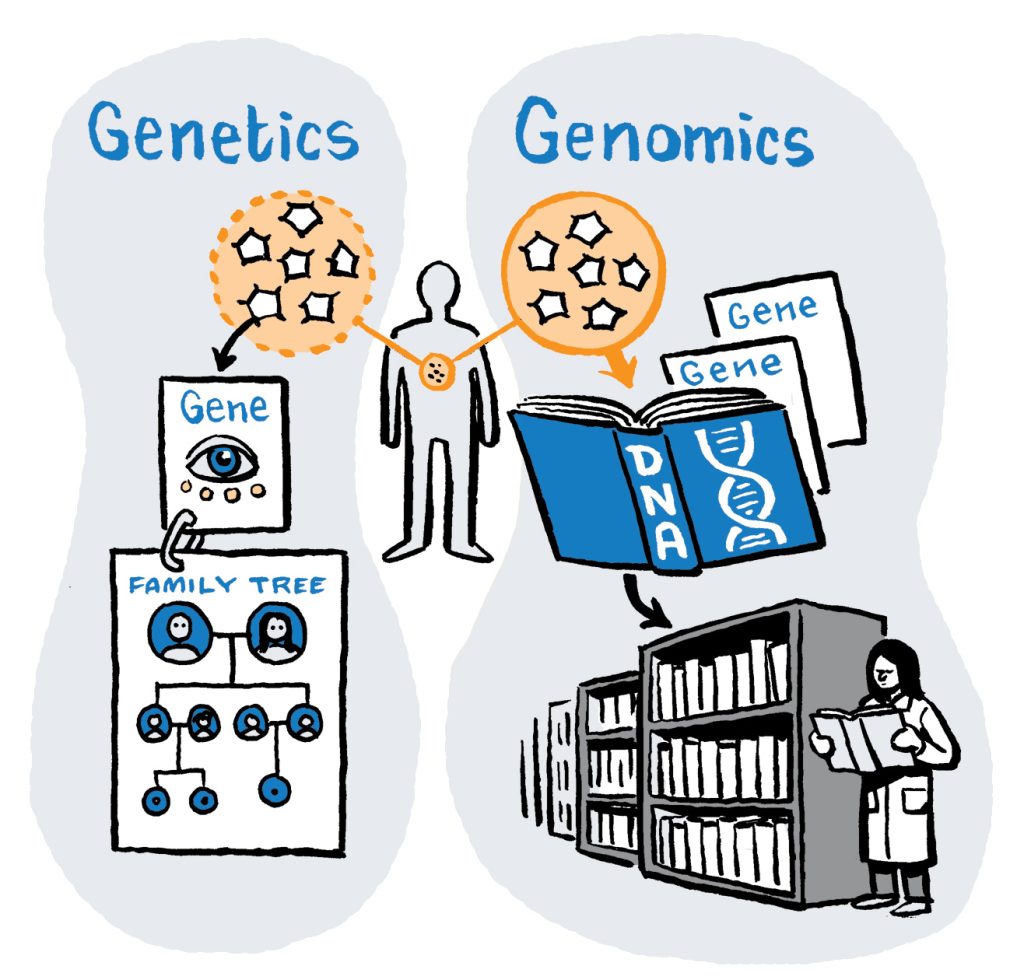
Members of the public are being invited to debate the opportunities and challenges and deliver their verdict on genomic research and the future of genomics in Ireland.
They will be part of a 25 member Citizen’s Jury, broadly representative of the Irish population, which is being sought to deliberate on this topic and to deliver a verdict that will be presented to Government and policy makers to help shape future regulation in the area.
The exploration of the human genome has the potential to improve and save countless human lives. But it’s a project that doesn’t come without risk.
Organised by the Irish Platform for Patients’ Organisations, Science & Industry (IPPOSI), in collaboration with the RCSI Public Patient Involvement Office, the jury will be guided by an independent Oversight Panel made up of representatives from Rare Diseases Ireland, Health Research Charities Ireland and the RCSI University of Medical and Health Sciences.
During the month of June 2022, jury members will meet for a number of sittings chaired by an independent facilitator. They will have the opportunity to hear testimony and to cross-examine witnesses who are expert not only in the field of genomics, but also in the related areas of medical care, ethics and law.
The jury will examine how genomic information can improve our health as individuals and as a society. It will also probe to what extent we should support the increased use of genomics in our health care and health research, the challenges and opportunities that arise from doing so, and the safeguards that need to be put in place to maximise progress while containing the risks.
The jury verdict, once announced, will be discussed in depth via a series of follow-on Deliberative Dialogue workshops with diverse population-based groups organised by the RCSI University’s Public Patient Involvement (PPI) Office, in September 2022.
To be a member of the Citizens’ Jury, people must be aged 18 years and above, and resident in the Republic of Ireland. The successful applicants will be randomly selected through an independent process overseen by an academic expert in data protection, informatics and ethics, to ensure representation from a cross-section of the Irish population on the final jury. Jurors will receive a gratuity as a token of appreciation for their time. For full information and to make application, visit www.ipposi.ie before the closing date of Wednesday March 23, 2022.
Welcoming the initiative as an opportunity to seek the views of the public on an area that urgently needs robust oversight, IPPOSI board member, Prof. Orla Hardiman, said, “Genomics. Not exactly a word that trips off the tongue or that we’re hugely familiar with. However, we wouldn’t exist without it. The human genome is the blueprint for our bodies. Made up of DNA, no human genome is the same, and tiny glitches in that DNA can give rise to serious illness and disability. Developing genomic medicine that is specific to a person’s DNA, can have a transformative effect on their lives and future health and well-being, as well as for wider society. However, we do need to take steps to maximise the societal benefits, and to also minimise the risks that come with genomic research in Ireland and to ensure that the appropriate structures and guidelines are in place so that everything we do benefits us collectively as a society.
“As a doctor and a scientist, I have seen the benefits of genomic research. But at the moment, as a society, we need to understand what the best approaches are that will allow us to conduct meaningful research that benefits everybody. It’s important that we hear from the Irish people about what they are comfortable with when it comes to giving consent for genetic research, and the types of information that is needed to understand how their genetic data will be used. You don’t have to have a science or medical background or know anything about genomics to join the jury. We want you to come with an open mind and lots of questions.”

